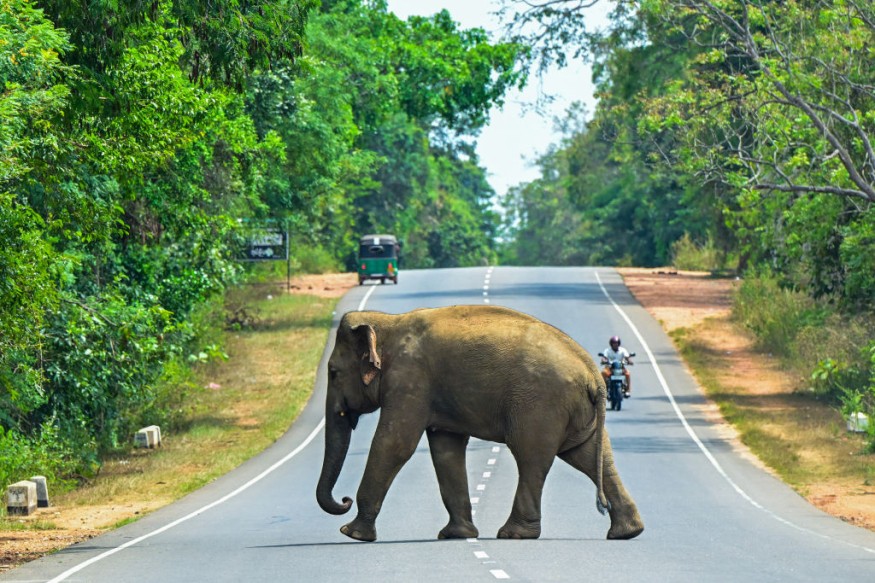
Climate change has a potential disastrous impact on the Caatinga, which spans 850,000 square kilometers (328,000 square miles) in Brazil's northeast area.
Lose Species
A study published in the scientific journal Global Change Biology by researchers from Campinas State University (Unicamp) and the federal universities of Minas Gerais and Paraíba predicts that by 2060, 91.6% of terrestrial mammal communities in the Caatinga will lose species and 87% will be deprived of habitats.
Small mammals, such as the agile gracile opossum (Gracilinanus agilis) and the white-eared opossum (Didelphis albiventris), which make up 54% of the Caatinga mammal species, will be struck the hardest.
The study's main finding was that the country's driest areas, particularly the semiarid region in Brazil's northeast, are likely to lose an increasing number of mammal species, particularly small ones.
The researchers conducted the investigation using forecasts from the Intergovernmental Panel on Climate Change (IPCC).
The study examined 40,000 occurrences of 93 species of non-flying animals, and after curating the data, approximately 12,000 validated records remained.
Human-induced climate change has exacerbated negative socioeconomic, environmental, and ecological impacts by changing rainfall patterns and raising average global temperatures.
"Species with more restricted occurrence, such as some rodents, should become increasingly rare, and only a few ones that are more resistant to dry climates, like some armadillos, should be able to maintain their distribution," said Mathias Mistretta Pires, a biologist and Moura's colleague at Unicamp.
The study also reveals that 70% of mammal communities will become homogenized, with a few generalist species with various diets and habitats surviving to replace rarer and specialist species that live solely in certain habitats and have tighter diets.
This replacement will lead to the loss of ecological functions like seed distribution. The entire ecology will be less resilient.
Read Also: Brazilian Wandering Spider Facts: What Happens If It Bites You?
Wind Plants And Lack Of Policy
There are additional species that are threatened by factors other than climate change.
This is the situation with the cougar (Puma concolor) and jaguar (Panthera onca). These species, like all others, suffer from a lack of public policies aimed at maintaining the Caatinga-less than 10% of the biome is protected by conservation areas.
Another issue is the growing number of wind farms, with 90% of the country's wind-powered power plants located in that biome, according to the Brazilian Wind Energy Association.
The development of these wind farms requires the removal of native flora, which can dry out neighboring springs and disrupt the normal flow of precipitation.
As a result, jaguars must travel longer distances in search of water and food, bringing them closer to agricultural properties where they typically kill goats, resulting in farmers killing them to defend their animals.
Prior to this study on mammals, the same group of researchers completed groundbreaking research on risks to Caatinga plants. They studied 420,000 occurrence records from 3,060 species in the biome and estimated that 99% of plant communities will lose species by 2060.
Related Article: WATCH: Rare 5.5-Foot Boa Shows Up in Brazil After 64 Years
© 2025 NatureWorldNews.com All rights reserved. Do not reproduce without permission.





